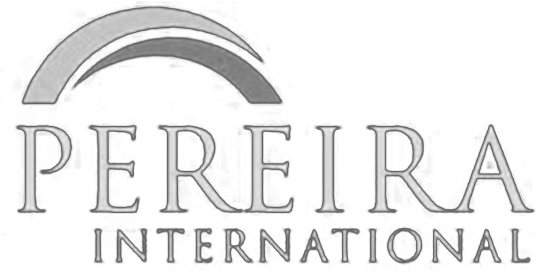Bush likely to lose fast-track trade power
Domestic politics and protectionism to prevail; setback for Doha Round.
US PRESIDENT George W. Bush’s power to negotiate trade deals looks likely to be clipped on Saturday.
His so-called fast-track trade promotion authority (TPA) could become the victim of domestic politics and a more protectionist Democrat-controlled Congress which is increasingly at odds with a lame-duck Republican leader.
The end of his TPA – which grants the President the right to negotiate trade agreements without congressional oversight –would make it even harder to achieve an already elusive global trade deal under the shaky Doha Round.
At the core of the issue is a Democrat Party that is committed to a departure from Mr Bush’s trade policy.
“This Congress sees no valid reasons to renew the President’s powers,” said trade expert Edward Gresser of the Democrat-linked Progressive Policy Institute.
Congress appears to be motivated by a number of factors.
Mr Gresser said the administration has yet to put forward a compelling case that it needs this authority to complete new trade deals in its remaining 18 months in office.
The Democrats are also not enamoured by free trade agreements, seeing them as a small component – just 12 per cent – of the country’s overall trade.
Underscoring such concerns is an increasingly protectionist climate in the United States, where China in particular is viewed as a threat to American labour.
Observers say competition from China and other developing nations has resulted in lower wages and rising inequality in the US.
Professor Robert Lawrence of Harvard University, a leading international trade expert, argues that there is a serious impasse.
“At the end of the day, the TPA is all about trust,” he told The Straits Times.
“There is absolutely no trust between Congress and the President.”
What would the end of fast-track powers mean for the deals Mr Bush has already negotiated?
The Council of Foreign Relations has noted that it would not immediately affect the language of bilateral trade agreements with South Korea, Colombia, Peru and Panama that are awaiting congressional approval.
Of the four deals, it said that those with Peru and Panama, which are smaller than those with the other two, are the most likely to win backing in Congress, given that the White House has agreed to amend the agreements with more stringent labour laws.
Experts believe the Colombia and South Korea deals face a thornier path despite the fact that they would be far more significant in their economic impact.
Other trade deals – the US is currently engaged in bilateral negotiations with eight countries, including Thailand and Malaysia – could also be affected by the expiration of President Bush’s TPA.
“If we don’t have fast-track, we are going to lose out in the race for bilaterals,” said Professor Jagdish Bhagwati of Columbia University, a prominent economist noted for his defence of free trade.
The larger issue, though, is the impact it would have on the Doha Round of trade talks.
Democrats argue that it will not have any and that it was destined to fail anyway, with or without the TPA, given the entrenched positions of the G-4 negotiating parties – the US, the European Union, India, and Brazil.
But administration officials maintain that the sputtering global trade talks would get a boost from an extension of the special negotiating authority for the President.
“It would be easier with TPA. It is more practical if trade promotion authority exists,” said US trade chief Schwab earlier this week.
Others have warned that the US would be sending the wrong signal to the rest of the world.
Mr Frank Vargo, of the National Association of Manufacturers, told The Straits Times: “America will be hobbled in its leadership. The US is the leading force in the Doha Round. Without the TPA, other countries would see it as America turning its back on trade liberalisation.”
NO TRUST
“At the end of the day, the trade promotion authority is all about trust. There is absolutely no trust between Congress and the President.”
HARVARD PROFESSOR ROBERT LAWRENCE, a leading international trade expert, on the US President’s authority to negotiate trade agreements without congressional oversight.
NO LEADERSHIP
“The US is the leading force in the Doha Round. Without the TPA, other countries would see it as America turning its back on trade liberalisation.”
MR FRANK VARGO of the National Association of Manufacturers, warning against the end of the trade promotion authority for the President.

